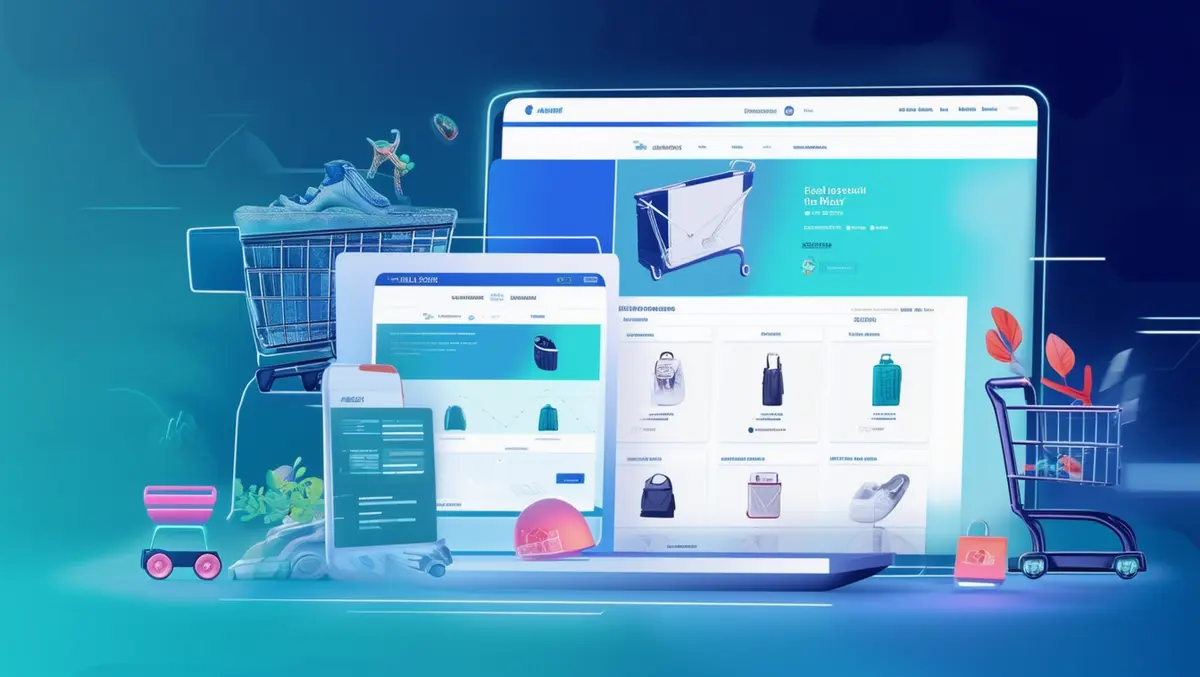
Three ways ecommerce businesses can drive personalisation without overstepping privacy boundaries
With ongoing changes to the Privacy Act and growing consumer awareness of the importance of their personal data, it is increasingly challenging for ecommerce businesses to navigate the most efficient and ethical ways to drive personalisation. Heightened concerns about personal data privacy are also pushing businesses and the AdTech industry to adopt more privacy-conscious data-collection methods.
Furthermore, there is the challenge of making the most of the data once it is shared with consent. Many retailers deprioritise data management due to lack of skills, time or resources. But in doing so, they risk disengaging or putting off potential customers entirely by misusing the data.
To remain competitive in this fast-moving industry, ecommerce businesses cannot afford to underestimate the value of ethical and effective data collection and use. Most critically, businesses need to ensure they are adding value at every opportunity, and this should be at the centre of why data is collected in the first place. Data for data's sake will only lead to additional admin and reduced profit margins.
While there are countless ways data can be received and used to add customer value, here are three that will particularly help retailers during today's "war on privacy".
Intelligent popups based on predictive modelling
Popups with generic sales or marketing messages can come across as invasive or annoying. However, intelligent popups that enquire about user preferences can help marketers personalise their engagement and ensure any follow-on content or communications are relevant.
Artificial intelligence (AI) is also making a significant impact on the way ecommerce businesses go to market. When effectively integrated into marketing processes and systems, AI can cut costs and boost productivity by streamlining editing, copywriting, lead scoring, segmentation, A/B testing and more. For popups, it can optimise the timing to maximise form submission rates, enabling businesses to make the most of these rare opportunities to gain further information about their customers.
Quiz funnels in abandoned cart flows
Abandoned carts are one of the increasingly complex challenges of the ecommerce sector. Most consumers will abandon a purchase due to a difficult checkout process, slow checkout process, or poor returns process. Winning these customers over when they are already feeling frustrated or disappointed with their experience is hard. But it's not impossible.
Quizzes can be a fast, fun, and effective way to get to know your customers more, while also providing helpful information that enables them to make the best purchases for their circumstances. Aim for a one-minute quiz to keep customers moving and not feeling as though they are being bogged down by yet another process. For those who do not engage with the quiz, send a follow-up retargeting email, which has helped us raise Average Order Value and Conversion Rates of returning customers who have not taken the quiz, all whilst giving us more valuable data to work with.
Dynamic product blocks for higher engagement
Keeping consumers engaged is hard work. Ecommerce websites, on average, have a conversion rate ranging from 1.84% to 3.71%. Meanwhile, Shopify's guidance is that a click-through rate of 2% or higher for an ecommerce email campaign means "you're doing pretty well".
There are various ways to tip the odds in your favour, and one of the most effective tactics is using dynamic product blocks. These are personalised snippets of product information that are pulled in based on the customer's interests and can make a significant difference to their engagement levels. For example, a customer can receive an email with "Top picks for you", with high-level information about two specific products they recently browsed or that are recommended based on their browsing history so far. The same tactic can be used for abandoned and cancelled orders.
There is no one set way to engage with customers, however in today's privacy era, the methods that are both ethical and effective need to be honed in on to ensure ecommerce brands are following regulations while also delivering a level of personalisation that adds genuine value to customers. Once the appropriate processes are in place to gather useful information, ensure nothing is wasted. Put data to use in meaningful ways that help customers make better decisions and stay engaged with the brand.

